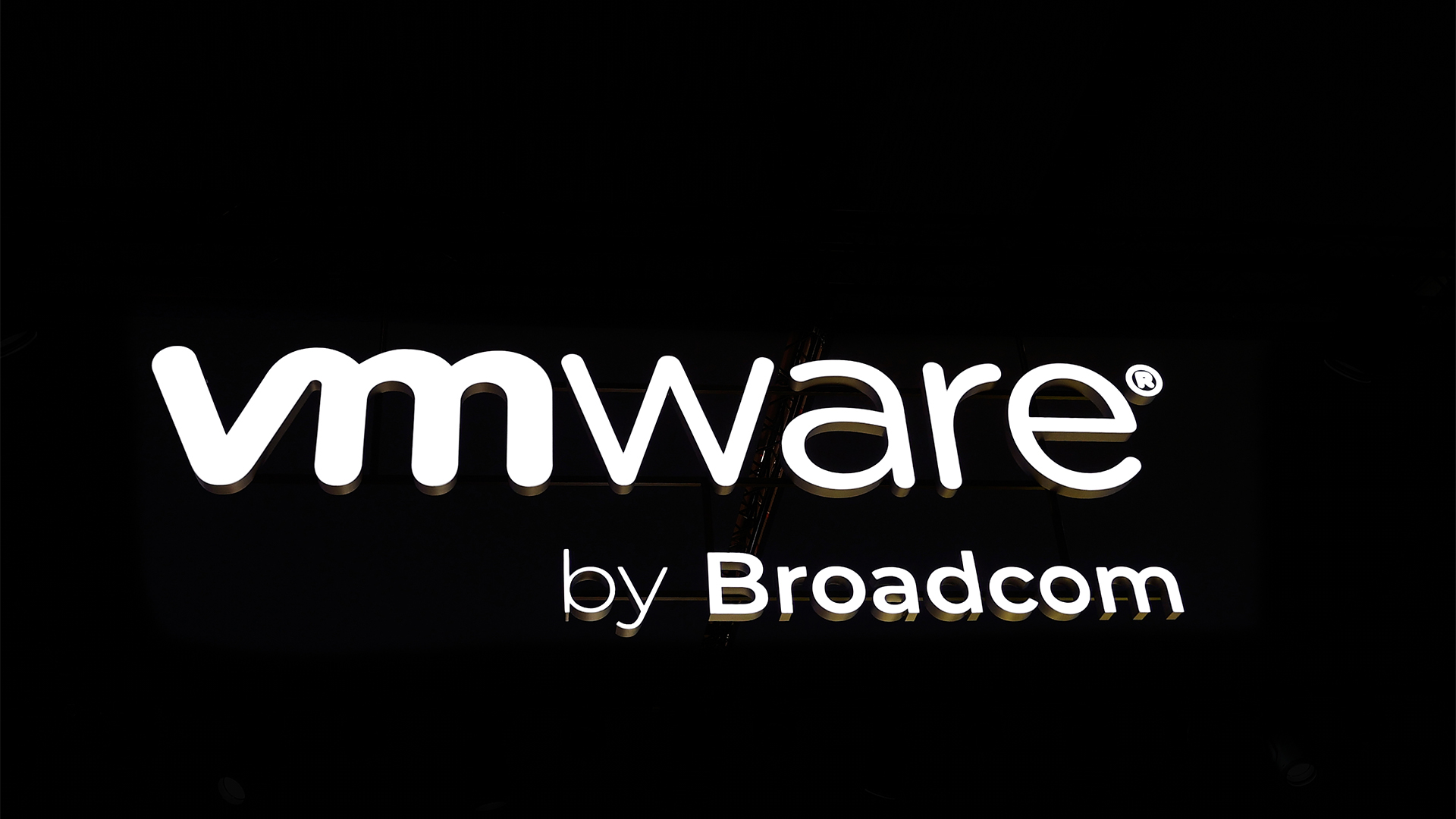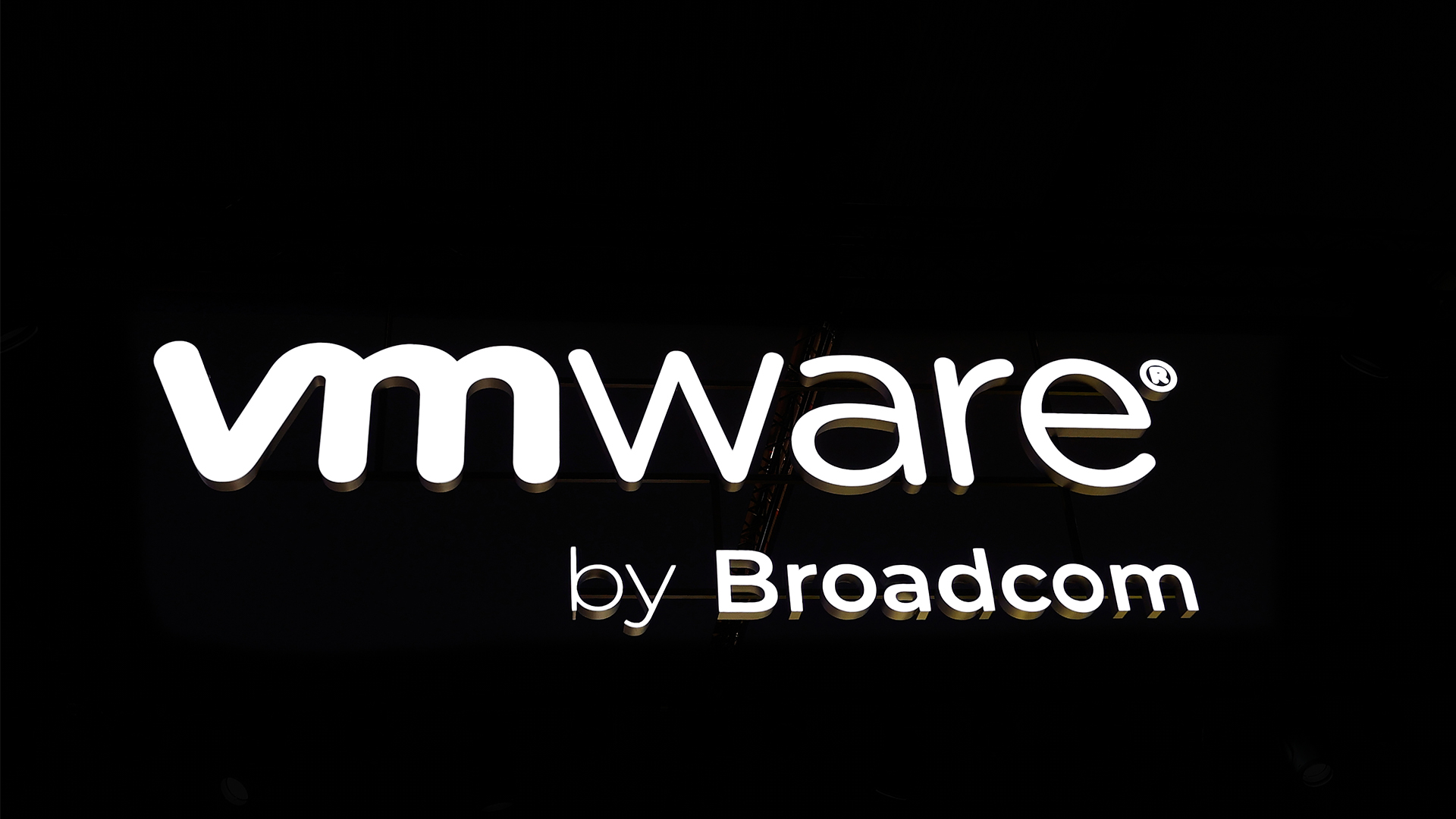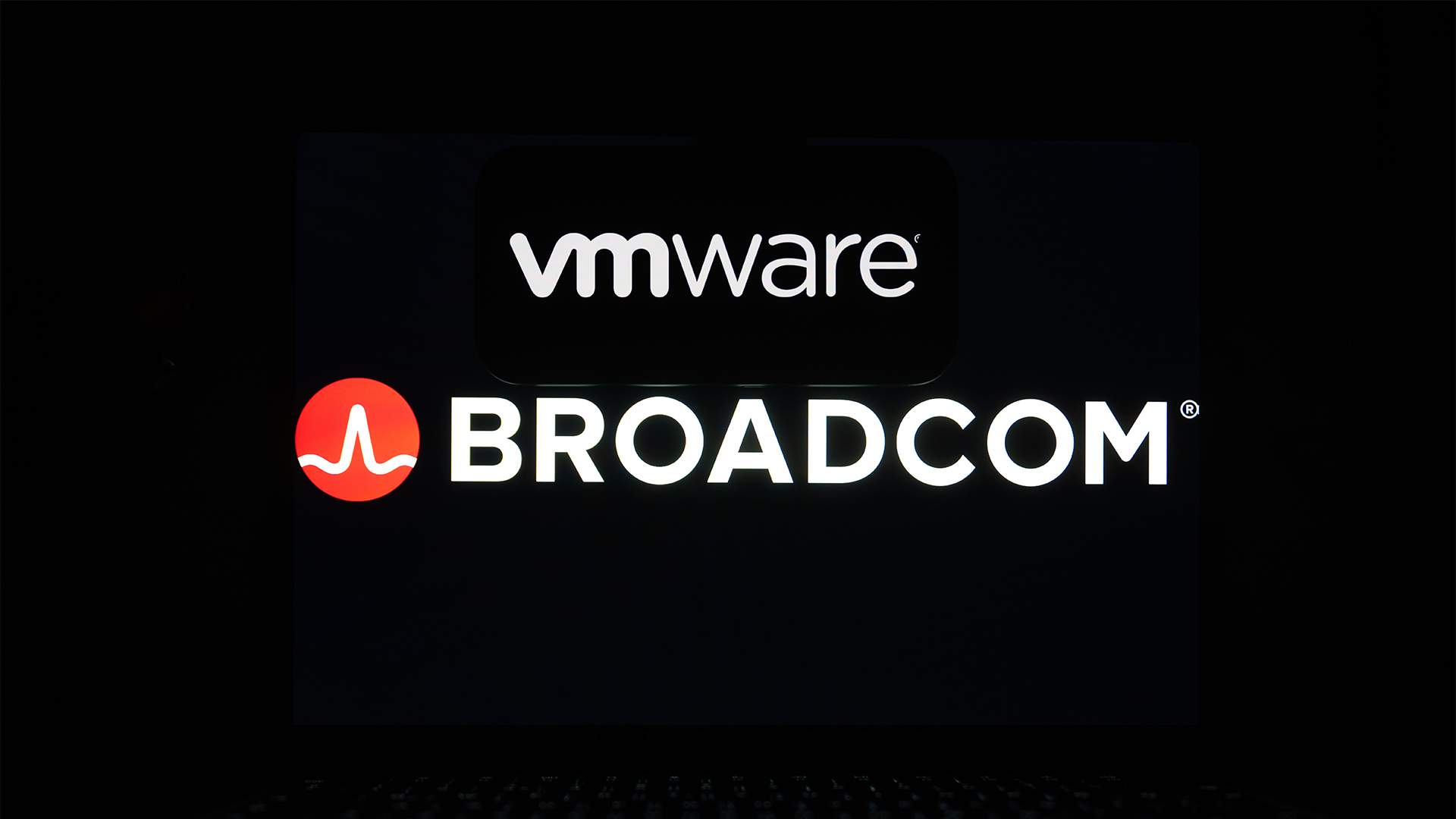What's happened to VMware?
The golden tech firm still has its shine, but competition from Microsoft and a falling share price have begun to tarnish things. Will the situation improve, or is the virtualisation leader in trouble?


A lot of firms would love to have problems like those facing VMware maintaining a massive market lead, sustaining revenue growth, being the tech leader in a booming area.
However, after an astonishing rise and an amazing year of highs, VMware has had a rocky ride of late, with high-profile staff departures, new competition and security troubles. The turbulence culminated last week, during its very own conference VMworld in Las Vegas where the virtualisation market leader saw its shares fall below its IPO level.
That share dive was sparked by looming competition from Microsoft and continuing staff turnover but the announcements at the conference did little to halt the stock's slide.
So is the firm in a downward spiral that Microsoft will use to take control of the market? Or is this merely a gentle correction in a stratospheric rise?
The rise of VMwareEven with the recent bit of tarnish, VMware is one of the shiniest stories in the tech world. Formed ten years ago by a group of five tech heads including co-founders and married couple Diane Green and Mendel Rosenblum the firm turned EMC's head in 2004, when the storage firm bought it out.
VMware muddled along just fine, until IT departments and the boards holding the purse strings started to fall for the idea of virtualisation. Cost savings, easier management, what's not to love? The concept was hardly new, but it had never been taken to the enterprise with thus much success before.
In 2007, and after years of clearly solid growth, EMC took VMware public but kept a majority chunk of the company. That IPO was one of the biggest of the year. The share price jumped 79 per cent on the day, and continued to climb over the next quarter, when revenue was up 90 per cent.
Sign up today and you will receive a free copy of our Future Focus 2025 report - the leading guidance on AI, cybersecurity and other IT challenges as per 700+ senior executives
The IPO wasn't the only attention-getting news from VMware last year, as the firm released to general acclaim its first virtualisation-for-Mac software Fusion as well as an embedded hypervisor.
And, just to make sure VMware had lots of growth opportunity, everyone wanted to virtualise. Analysts kept predicting how the market would grow and grow, and VMware was perfectly poised to grow with it.
It was boom times, baby.
Bumpy rideBut that was last year. This year, the ride got a little bit bumpy.
In December of last year, Microsoft finally entered the virtualisation market with the beta release of its own hypervisor, Hyper-V.
This was no reason to panic. In fact, many said it gave an otherwise immature market a nice mainstream sheen. And, while taking on the Redmond giant is easy for no firm, VMware had a market and technical lead.
But that was only the beginning. The next quarter's results saw the firm miss expectations, sending shares down 26 per cent. While growth was still positive with revenue up 80 per cent on year the results even tugged EMC's price down.
Freelance journalist Nicole Kobie first started writing for ITPro in 2007, with bylines in New Scientist, Wired, PC Pro and many more.
Nicole the author of a book about the history of technology, The Long History of the Future.
-
 Microsoft unveils Maia 200 accelerator, claiming better performance per dollar than Amazon and Google
Microsoft unveils Maia 200 accelerator, claiming better performance per dollar than Amazon and GoogleNews The launch of Microsoft’s second-generation silicon solidifies its mission to scale AI workloads and directly control more of its infrastructure
-
 Infosys expands Swiss footprint with new Zurich office
Infosys expands Swiss footprint with new Zurich officeNews The firm has relocated its Swiss headquarters to support partners delivering AI-led digital transformation
-
 VMware partners face more disruption with latest Broadcom changes
VMware partners face more disruption with latest Broadcom changesNews Broadcom’s latest VMware changes mean smaller partners could be pushed out
-
 Helping customers adopt a multi-cloud infrastructure and accelerate their modernization journey
Helping customers adopt a multi-cloud infrastructure and accelerate their modernization journeySponsored Content We outline what shifting to a subscription model means for your business
-
 There’s a ‘cloud reset’ underway, and VMware Cloud Foundation 9.0 is a chance for Broadcom to pounce on it
There’s a ‘cloud reset’ underway, and VMware Cloud Foundation 9.0 is a chance for Broadcom to pounce on itNews With new security features and cost management tools, Broadcom wants to capitalize on surging private cloud adoption rates
-
 Broadcom's 'harsh' VMware contracts are costing customers up to 1,500% more
Broadcom's 'harsh' VMware contracts are costing customers up to 1,500% moreNews An ECCO report says Broadcom hasn't solved customer complaints when it comes to licensing and contracts
-
 Broadcom records huge growth as CEO Hock Tan hails “successful integration” of VMware
Broadcom records huge growth as CEO Hock Tan hails “successful integration” of VMwareAnalysis The VMware acquisition is finally paying dividends for Broadcom
-
 Broadcom EMEA CTO claims the company has been able to solve most of its customer issues following VMware acquisition
Broadcom EMEA CTO claims the company has been able to solve most of its customer issues following VMware acquisitionNews Joe Baguley says the firm has been walking customers through license changes and explaining the value of VMware
-
 Cloud repatriation may be nipping at hyperscaler market share, but it’s a boon for VMware
Cloud repatriation may be nipping at hyperscaler market share, but it’s a boon for VMwareNews The firm’s private cloud offerings put it in a strong position to aid customers moving workloads out of the public cloud – but repatriation can’t be the only conversation
-
 VMware Explore 2024 live: All the news and updates as they happen
VMware Explore 2024 live: All the news and updates as they happenLive Blog ITPro is live on the ground in Barcelona for VMware Explore 2024 – keep tabs on all the news, updates, and announcements in our rolling coverage
